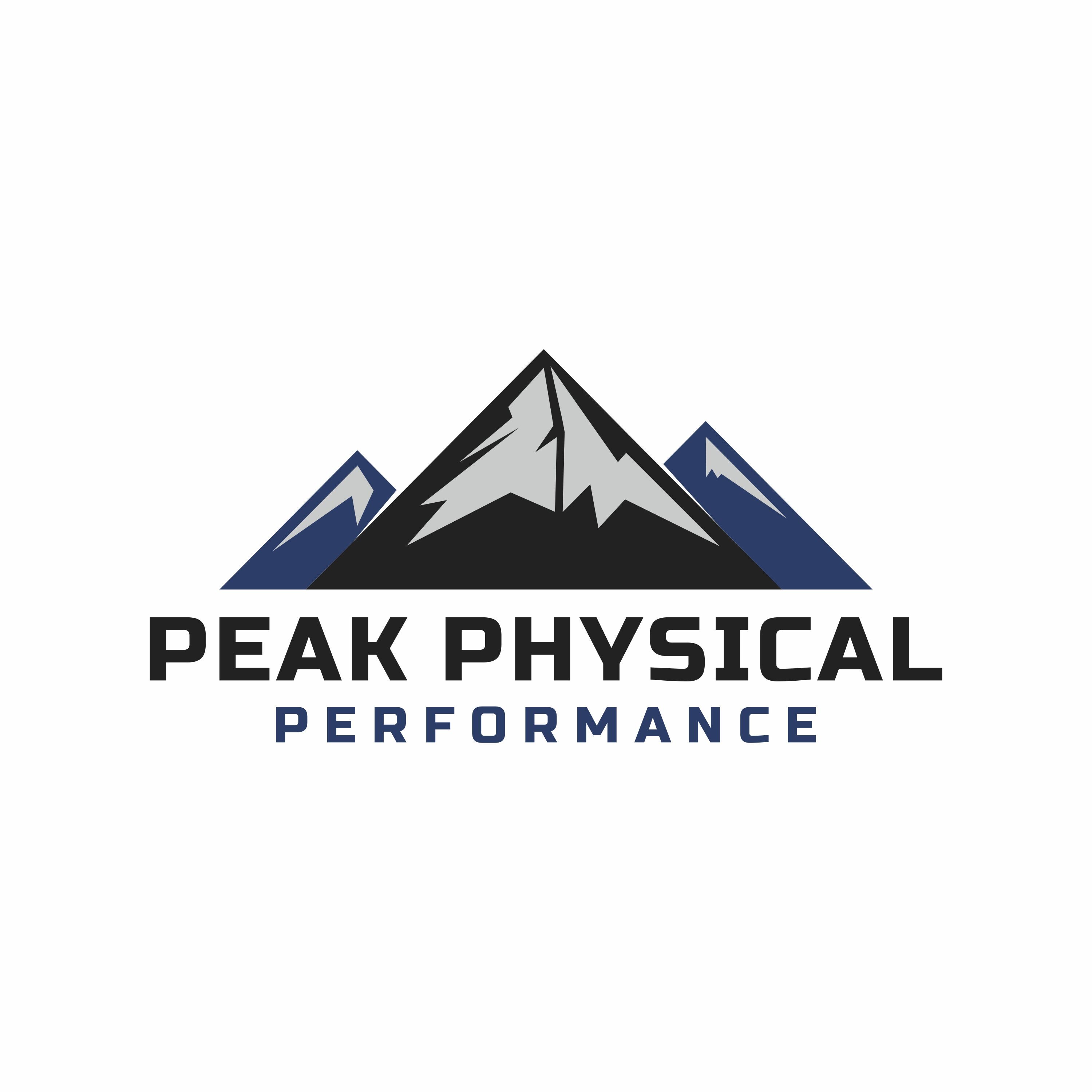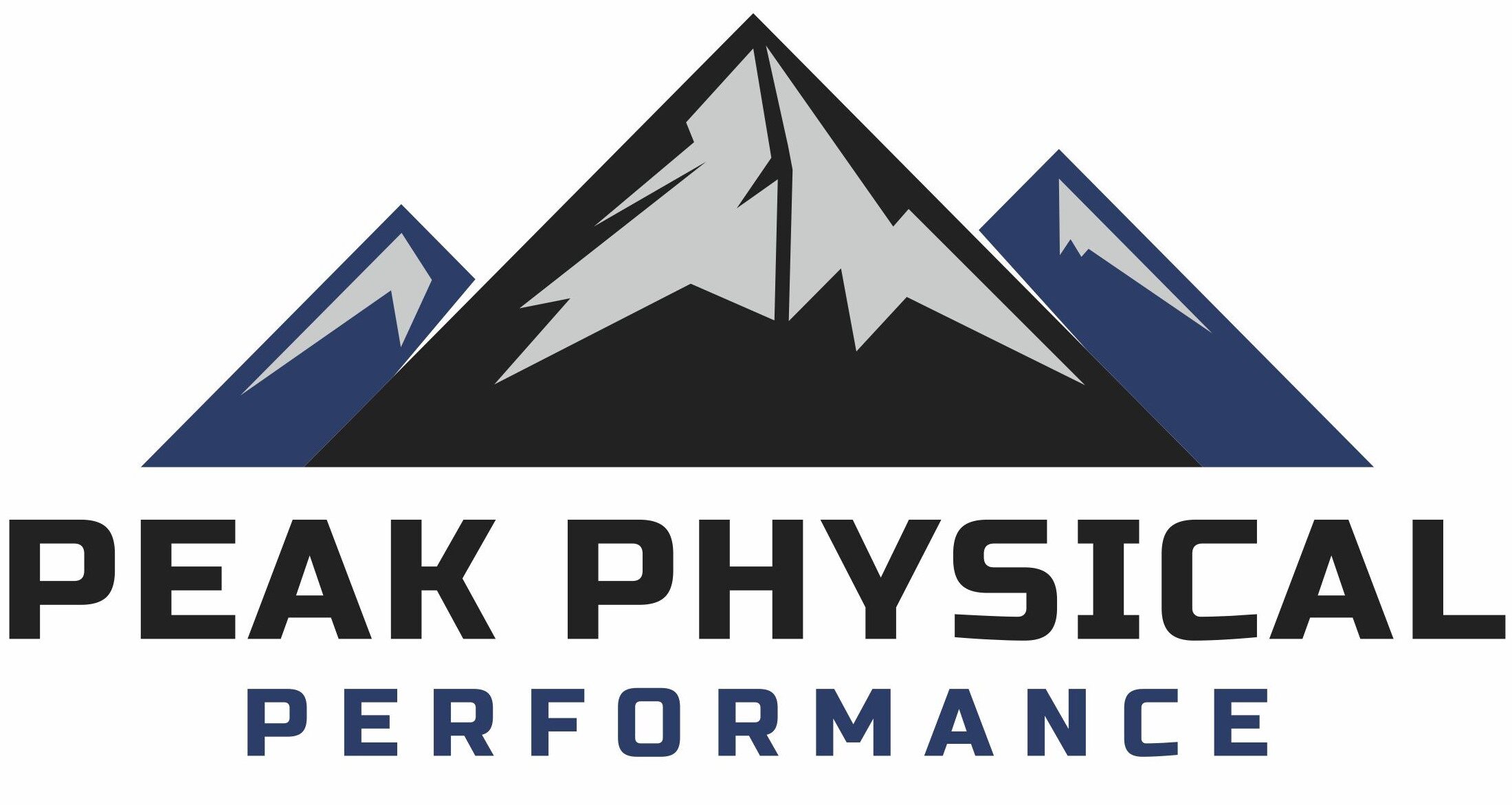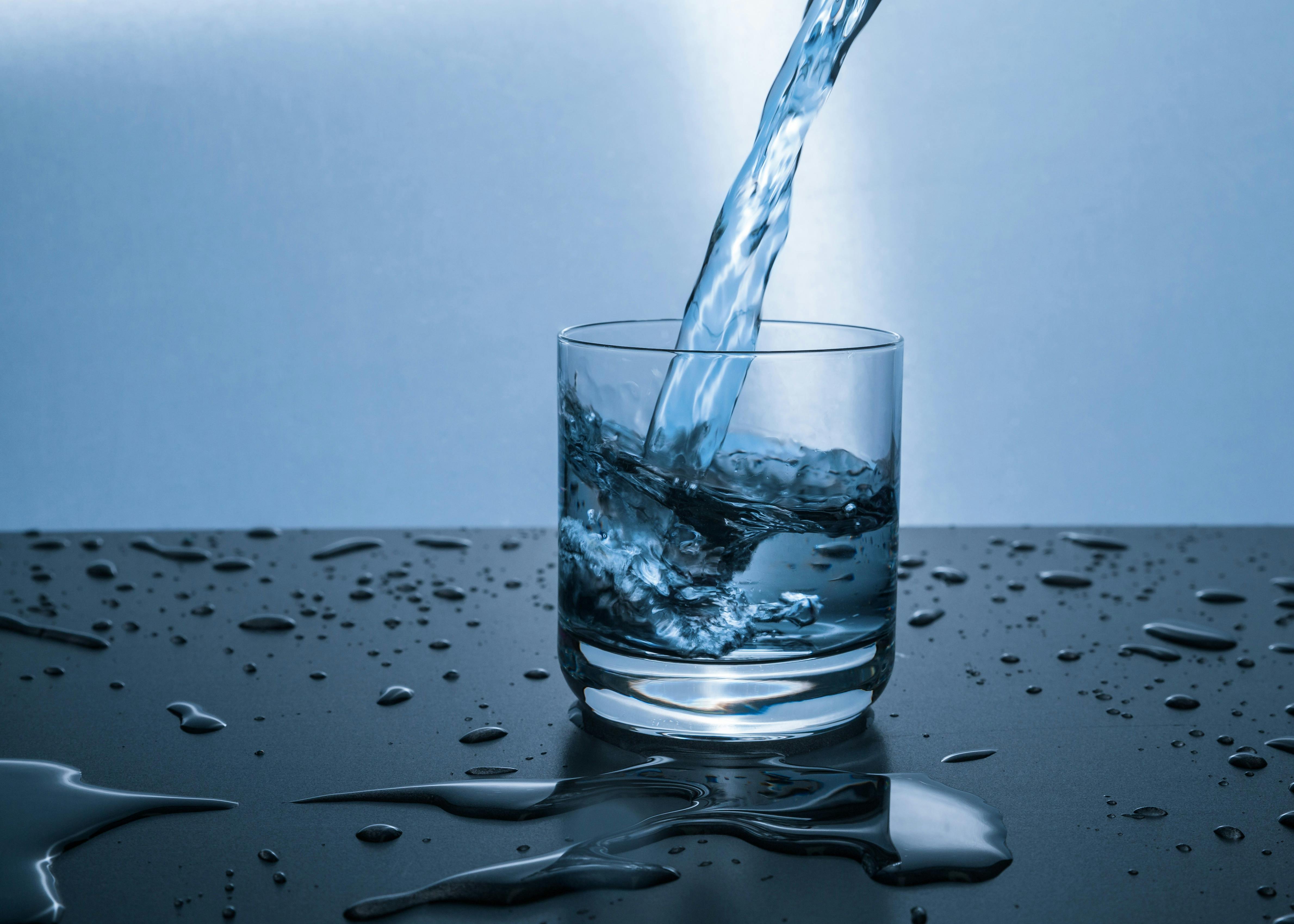Hydration is a cornerstone of overall well-being, yet it’s often overlooked in daily routines. Water accounts for approximately 60% of the human body and plays a critical role in nearly every physiological process, from regulating body temperature to maintaining joint health.
1. Supports Physical Performance
Staying hydrated is essential for physical activity. Even mild dehydration—just 1-2% loss of body water—can impair strength, endurance, and coordination. Athletes and active individuals should pay special attention to fluid intake, as sweat loss increases the need for replenishment. (Sawka et al., 2007).
2. Aids Joint Health and Recovery
Water acts as a lubricant for joints and a cushion for tissues, making it particularly important for physical therapy and injury prevention. Proper hydration supports the delivery of nutrients to muscles and aids in the removal of waste products, promoting quicker recovery after physical activity or injury (Institute of Medicine, 2005).
3. Improves Cognitive Function
Dehydration doesn’t just affect the body; it impacts the brain, too. Studies have shown that inadequate water intake can impair concentration, memory, and mood (Popkin et al., 2010). This highlights the importance of hydration not only for physical health but also for mental clarity.
4. Promotes Digestive Health
Water is vital for digestion, helping break down food and prevent constipation. It also assists in nutrient absorption, ensuring your body gets the energy it needs from your diet.
How Much Water Do You Need?
The “8×8 rule” (eight 8-ounce glasses per day) is a good starting point, but individual needs vary based on activity level, climate, and overall health. Listening to your body and drinking water when thirsty is a simple yet effective strategy.
Easy Ways to Stay Hydrated
- Carry a reusable water bottle.
- Include hydrating foods like fruits and vegetables in your diet.
- Set reminders to drink water throughout the day.
Water is more than just a thirst-quencher—it’s a vital component of a healthy, active lifestyle. By staying hydrated, you can enhance your physical performance, mental clarity, and overall well-being.
References
- Institute of Medicine. (2005). Dietary Reference Intakes for Water, Potassium, Sodium, Chloride, and Sulfate. National Academies Press.
- Popkin, B. M., D’Anci, K. E., & Rosenberg, I. H. (2010). Water, hydration, and health. Nutrition Reviews, 68(8), 439–458.
- Sawka, M. N., Cheuvront, S. N., & Carter, R. (2007). Human water needs. Nutrition Reviews, 65(6 Pt 2), S30–S39.



Comments are closed